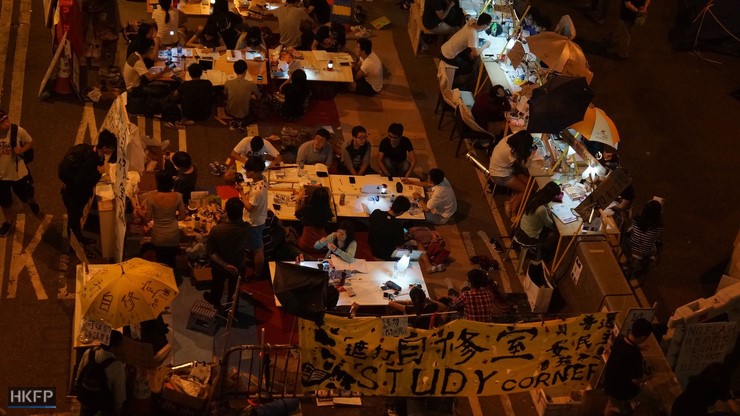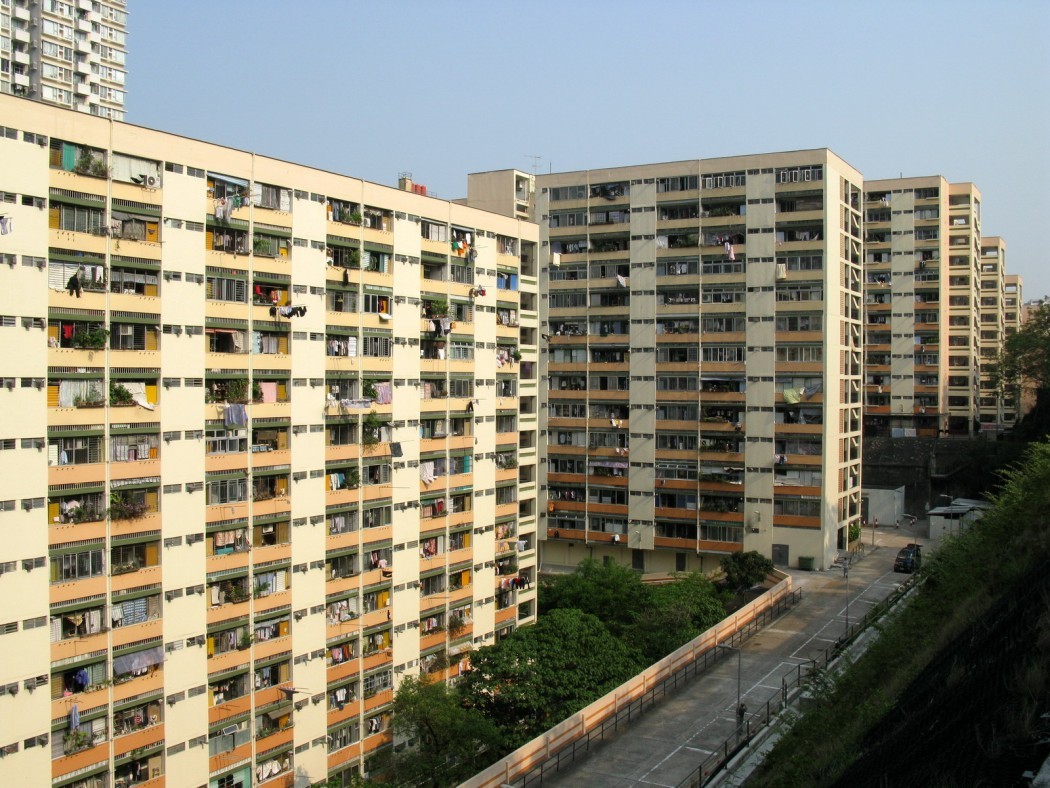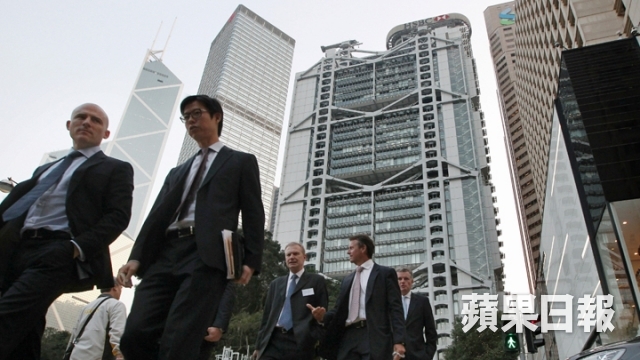By Ming Chun Tang
Once again, Hong Kong finds itself making global headlines for all the wrong reasons. First, five booksellers have been abducted in Hong Kong and Thailand and taken to China, where they remain detained. And now the same streets of Mong Kok that hosted thousands of occupying protesters in 2014 have seen a night of rioting after police officers moved in to shut down a street food market.
Instead of dying down, the same popular resentment that fed the uprising two years ago – against a state tied intimately to local elites and to a quasi-colonial regime in Beijing – has only intensified.

But the standard prescription given by the international media and local activist circles alike, that free and fair elections are all that’s needed to rid our territory of its ills, fails to identify the root cause of local grievances: a steady economic decline brought by an ultra-conservative economic agenda that we desperately need to understand and demand changes to.
As I argued at the time, the demonstrators of 2014 didn’t simply decide overnight that they wanted democracy and that, all of a sudden, they’d spontaneously had enough of the Hong Kong government failing to deliver on its promise of universal suffrage in 2017. Being repeatedly denied the right to vote doesn’t sufficiently explain why Hong Kongers turned out in numbers to occupy four different sites for a full three months in a society that admittedly knows and cares little about political ideology of any sort.
What had reached a tipping point by 2014, on the other hand, was inequality and its inevitable crunch on the once untouchable middle classes, who had witnessed their wages steadily falling, while aspiring homeowners saw their ambitions wiped out by a burgeoning real estate bubble – all in the absence of any real social security net. Student leader Joshua Wong himself alluded to the movement’s economic grievances in an interview with the New York Times:
“Our bleak economic situation contributes to our frustrations. Job prospects are depressing; rents and real estate are beyond most young people’s means. The city’s wealth gap is cavernous. My generation could be the first in Hong Kong to be worse off than our parents.”
Both the protests of 2014 and the riots of this month share a common origin: they are an inevitable popular reaction to the results of extreme economic austerity stretching back decades that have consistently earned Hong Kong the dubious accolade of the “world’s freest economy” according to the Heritage Foundation, a conservative Washington think tank.

These policies have fostered such an extreme concentration of wealth that even the free-market Economist has ranked us top of its crony capitalism index by some distance. The minimum wage, despite having been raised last year, is still only a meagre HK$32.50. Washington, D.C., where the cost of living is similar to that of Hong Kong, has a minimum wage of US$10.50 (HK$81.60) – two and a half times higher. Meanwhile, collective bargaining, unemployment benefits and even a state pension – rightly regarded as basic entitlements in industrialized countries elsewhere – are nonexistent.
But in an era when movements to defend and protect these welfare provisions have spread across Europe and as far as Quebec, Canada, where is our collective outrage as Hong Kongers? At a time when we have turned out in numbers to rightfully demand our right to vote, why have none of us stepped forward to demand economic democracy – where we lag even further behind the rest of the developed world?
Where our social movements need to go next is to shift away from their single-minded focus on attaining the vote and to move on to tackling these underlying issues directly. This isn’t to say that the movement for suffrage should be abandoned by any means, but given the countless obstacles it faces – from Beijing’s stubborn refusal to budge to the dangers of American cooptation – activists need to ask themselves whether continuing to pursue the vote at all costs is really the best way of addressing the social justice issues that will persist with or without democracy.
We need a strategy to lobby the current administration into investing its consistent budget surpluses in a comprehensive welfare state like those of other industrialized countries, as well as making the minimum wage a living wage, imposing rent controls and expanding public housing. No official, directly elected or not, is likely to introduce these policies without considerable pressure from outside, and only an organized civil society will be capable of forcing these issues onto the agenda.

Activists could do well to look for inspiration from the various anti-austerity movements in Europe and elsewhere that have sought to prevent cuts to the same public services that we never enjoyed in the first place. In particular, Spain’s Mortgage Victims Platform (PAH) emerged from the 15-M demonstrations of 2011 to address specifically the eviction of homeowners who had defaulted on their mortgages, many of them having lost their jobs due to the country’s economic crisis. Likewise, the Fight for $15 movement in the United States has united low-wage workers in their pursuit of a livable minimum wage of $15 per hour, which the cities of Seattle and San Francisco have already adopted.
But Hong Kong’s activists still have plenty of homework to do to prepare themselves properly for the progressive movement that the territory so desperately needs. Part of this preparation involves learning a few basic truths about the limits of electoral democracy – including the unfortunate fact that money all too often counts much more than votes.
Crucially, activists also have to recognize and publicize the role of free-market fundamentalism in creating the precarious, low-pay and long-hours working conditions that characterize Hong Kong today. The simple fact that our social security provisions lag so far behind the rest of the industrialized world could prove vital to drumming up public support for reform – if only people knew.

It’s becoming increasingly apparent that Hong Kong cannot afford to remain an uninformed, insular society if we are ever to resolve the social tensions that have flared up once again. It really is time to take a look around and to learn a few lessons from activists fighting the same battles elsewhere, whether we realize it or not, from Brazil to Bulgaria to Spain and the United States.
The same animosities will only continue to spill onto Hong Kong’s streets every now and then as the majority of our population bears the growing burden of a crony minority eating an increasing slice of the pie with the blessing of both Beijing and Admiralty. We need to open our eyes, watch and learn.
Ming Chun Tang is a Hong Kong-born and raised writer and progressive activist currently based in the Washington, D.C. area. He recently graduated from Hamilton College (New York) and is a current intern for the Center for Economic and Policy Research.
